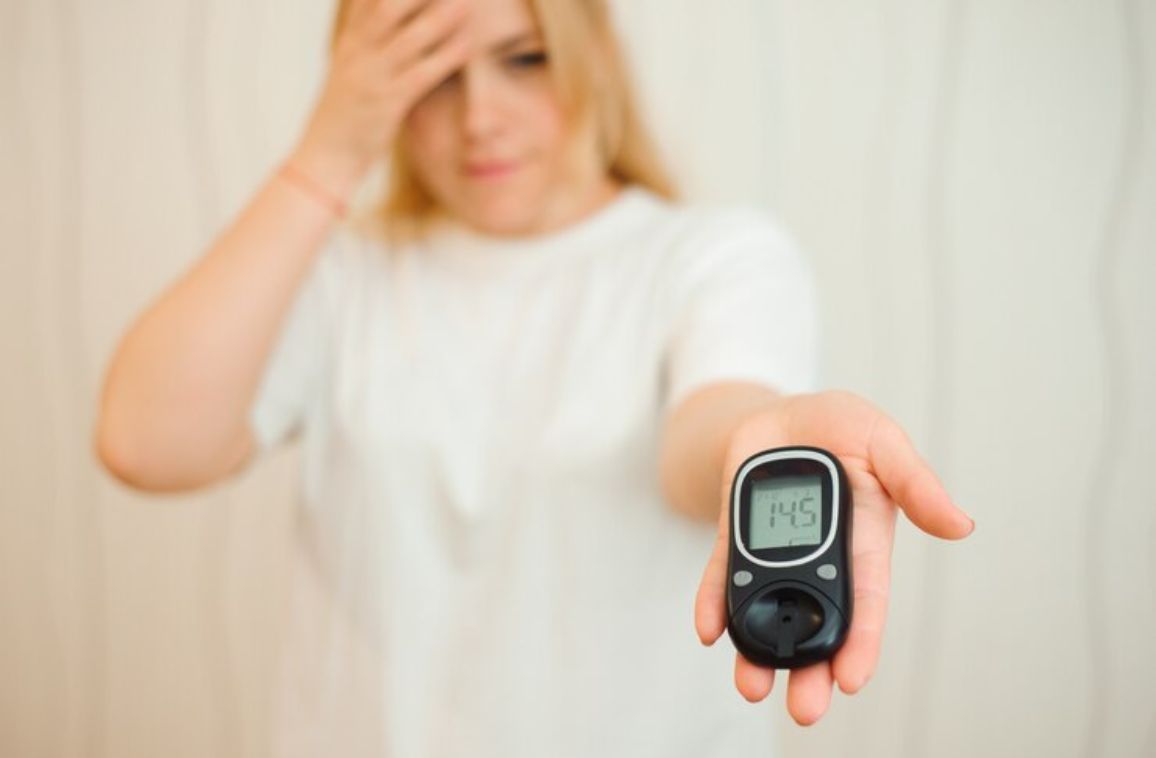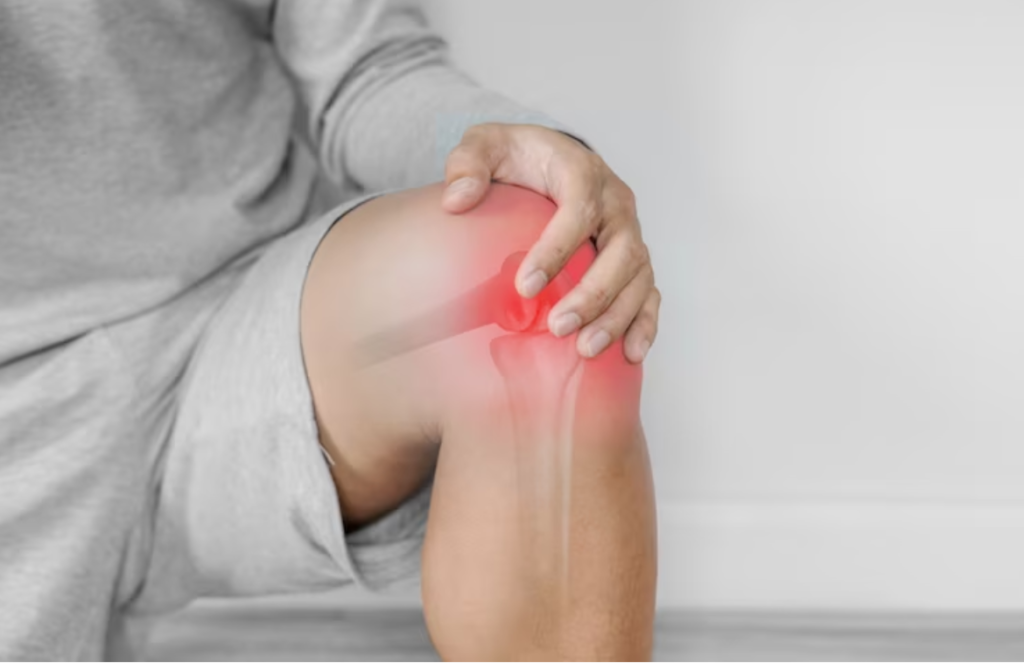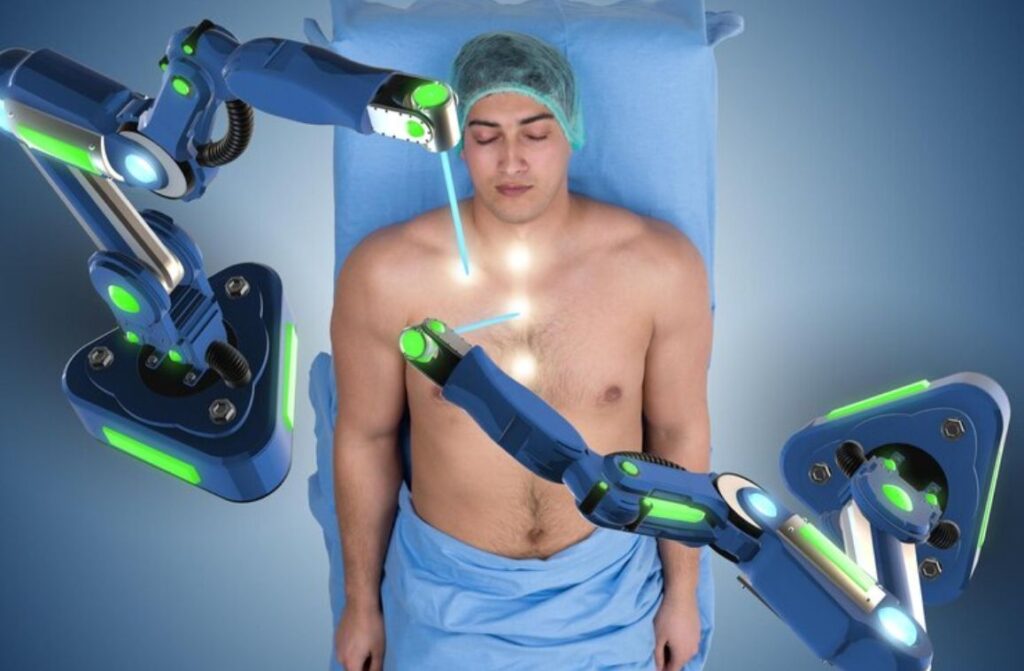Hypoglycemia happens to be a condition in which one’s blood sugar (glucose) level is lower than the standard range. Glucose is one’s body’s main energy source. This answers the query, What is hypoglycemia?
Hypoglycemia is quite often related to diabetes treatment. But other drugs and also a variety of conditions, of which many are rare, can cause low blood sugar in people who do not suffer from diabetes.
Hypoglycemia does need immediate treatment.
Treatment does involve quickly getting one’s blood sugar back to within the standard range either with a high-sugar food or drink or with medication. Long-term treatment does require identifying and treating the cause of hypoglycemia.
Symptoms
If blood sugar levels do become too low, hypoglycemia signs and symptoms can include:
- Looking pale.
- Shakiness.
- Sweating.
- Hunger or nausea.
- Headache.
- An irregular or fast heartbeat.
- Fatigue.
- Irritability or anxiety.
- Difficulty concentrating.
- Dizziness or even lightheadedness.
- Tingling or perhaps numbness of the lips, tongue, or even cheek.
As hypoglycemia worsens, signs and symptoms can include:
- Confusion, unusual behavior, or both, like the inability to complete routine tasks.
- Loss of coordination.
- Slurred speech.
- Blurry vision or even tunnel vision.
- Nightmares, if asleep.
Severe hypoglycemia can cause:
- Unresponsiveness (loss of consciousness).
- Seizures.
Causes
Hypoglycemia does occur when one’s blood sugar (glucose) level falls too low for bodily functions to continue. There are, in fact, several reasons why this can indeed happen. The most common reason for low blood sugar is a side effect of medications used to treat diabetes.
Possible causes of diabetes
If having diabetes, the person might not make insulin (type 1 diabetes) or might be less responsive to it (type 2 diabetes). As a result, glucose builds up in the bloodstream and can indeed reach dangerously high levels. To rectify this problem, the person might take insulin or other medications to lower blood sugar levels.

However, too much insulin or other diabetes medications can cause one’s blood sugar level to drop too much, causing hypoglycemia. Hypoglycemia can rather occur if the person eats less than usual after taking a regular dose of diabetes medication or if exercising more than typically is done.
Possible causes of diabetes
Hypoglycemia in people without diabetes is, of course, much less common. Causes can no doubt include:
- Medications.
- Excessive alcohol drinking.
- Some critical illnesses.
- Long-term starvation.
- Insulin overproduction.
- Hormone deficiencies.
Hypoglycemia after meals
Hypoglycemia usually does occur when not having food, but not always. Sometimes hypoglycemia symptoms do occur after certain meals, but exactly why this happens is rather uncertain.
This type of hypoglycemia is known as reactive hypoglycemia or postprandial hypoglycemia. The surgery most commonly associated with this is considered to be stomach bypass surgery, but it can also occur in people having had other surgeries.
Hypoglycemia can also cause:
- Dizziness and weakness.
- Falls.
- Injuries.
- Greater risk of dementia in older adults.
- Motor vehicle accidents.
Undertreated diabetes
If having diabetes, episodes of low blood sugar are uncomfortable and frightful. Fear of hypoglycemia can cause the person to take less insulin to ensure that the blood sugar level does not go too low. This can lead to uncontrolled diabetes. Talking to the health care provider helps.
Conclusion
What is hypoglycemia? is thus answered by the abovementioned details. One’s blood glucose level measures how much glucose (sugar) is in one’s blood at the specific moment when checked. One’s A1C (also known as HbA1C) is the average of one’s blood glucose levels over the past few months.


